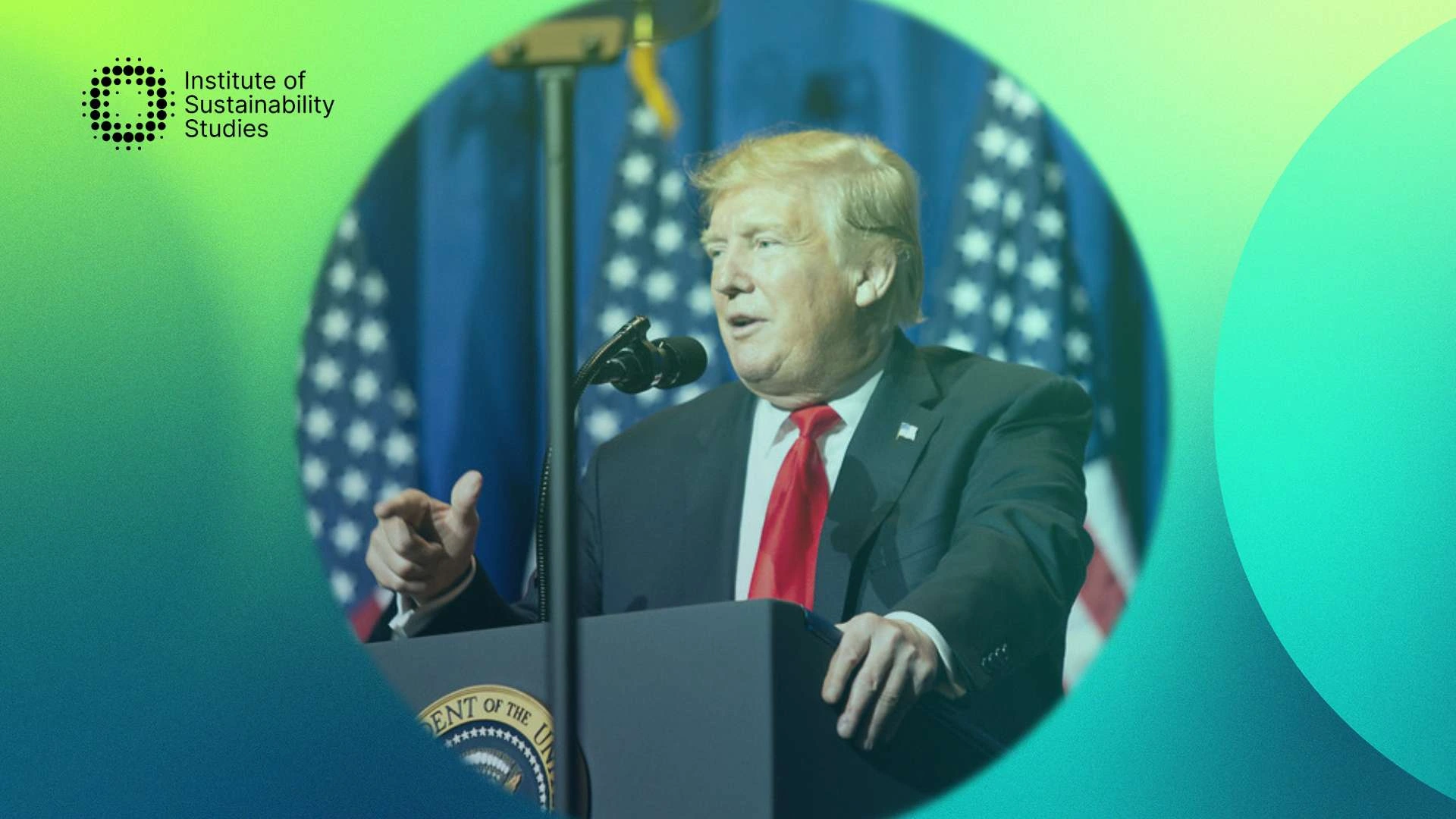The European Council has recently approved a forced labour ban, marking a significant step towards promoting ethical trade and corporate sustainability within the European Union. This regulation establishes a robust legal framework to prevent products made with forced labour from being imported, exported, or sold across the EU market.
Details of the ban
The European Commission will establish a comprehensive database identifying materials, products, and regions at high risk of human rights violations as the first step towards implementing the forced labour regulation. This assessment will consider all stages of the upstream value chain, including harvesting, extraction, manufacturing, and production.
Based on this information, the Commission will decide whether to initiate further investigations, including those in geographies beyond the EU. Within the EU, national authorities will be obligated to investigate suspected cases of forced labour. Should evidence confirm its occurrence, the investigating authority will have the power to impose a ban on the sale, import, or export of the affected products.
Their decision will be legally recognised across all EU member states, ensuring a unified response to this pressing issue. The regulation is set to take effect three years after its publication in the Official Journal of the European Union. Forced labour is defined as “all work or service that is exacted from any person under the menace of any penalty and for which the said person has not offered themselves voluntarily.”
The urgency of this regulation is underscored by data from the International Labour Organisation, which reveals that over 27.6 million people worldwide are currently trapped in forced labour, generating approximately $236 billion in profits annually. Alarmingly, 12 percent of these individuals are children, many of whom are subject to sexual exploitation.
Final thoughts
The European Council’s approval of the EU forced labour regulations marks a pivotal moment in reshaping global supply chains to prioritise ethics and transparency. While this regulation sets a strong precedent, its success will depend on rigorous enforcement, international cooperation, and ongoing accountability.
Businesses now face both a challenge and an opportunity: to scrutinise their value chains, embrace greater transparency, and ensure human rights are upheld at every stage of production. This is a chance to redefine the role of business in building a fairer, more equitable world. The EU’s decisive action sends a clear message: the exploitation of vulnerable individuals has no place in a modern, sustainable economy.










